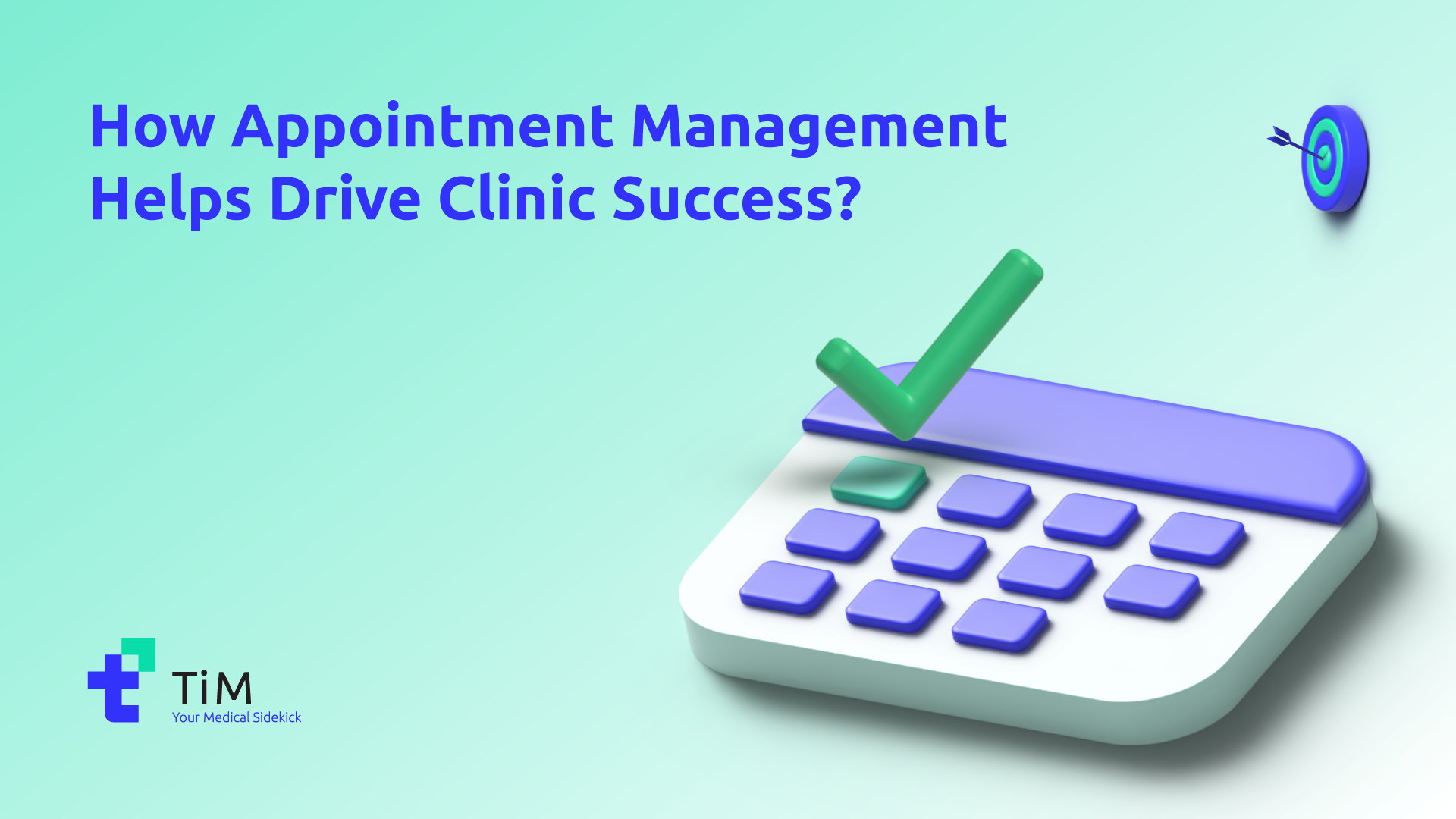
How Appointment Management Helps Drive Clinic Success
The healthcare industry faces a persistent challenge that significantly impacts both patient care and clinic revenue: appointment no-shows. With findings indicating that 40-60% of scheduled appointments result in no-shows for the first timers patients, this issue demands immediate attention and innovative solutions.
The True Cost of No-Shows
The financial impact of missed appointments is staggering. A typical clinic seeing 50 patients daily, with an average appointment value of $100, can face severe revenue losses. With a 50% no-show rate, 25 missed appointments per day translate to $2,500 in lost revenue daily. Over a month of 26 working days, these losses can accumulate to an alarming $65,000.
The impact extends far beyond financial considerations. No-shows create a disruptive ripple effect throughout clinic operations. They lead to inefficient scheduling, underutilization of medical staff and resources, and delayed care for other patients who could have filled those slots. Furthermore, these missed appointments contribute to increased waiting times for all patients seeking care.
Root Causes of No-Shows
Understanding why patients fail to attend appointments is crucial for developing effective solutions. One primary factor is inadequate follow-up systems. Many clinics operate with insufficient reminder protocols, and their manual follow-up processes often prove inconsistent. Staff members, already stretched thin with other responsibilities, struggle to maintain a reliable reminder call system.
Communication gaps represent another significant challenge. Patients frequently receive insufficient details about their appointments, and procedures for rescheduling may be unclear. When patients have questions or concerns, they often encounter limited availability for getting their queries addressed.
Access barriers further compound these issues. Many clinics operate with restricted communication hours and limited channels for patient interaction. When patients attempt to reach out, they often face delayed responses to their questions, leading to increased uncertainty and potential no-shows.

Traditional Solutions and Their Limitations
Clinics have traditionally attempted to address these challenges through conventional methods. Manual phone calls, while personal, prove time-consuming for staff, are limited to business hours, and remain subject to human error and oversight. Basic messaging systems offer only generic, non-interactive messages limited to simple reminders, without any capability for real-time engagement.
Some clinics have tried hiring dedicated reception staff with healthcare and sales backgrounds. While this approach can improve patient communication, it comes with significant limitations. The high salary costs, restriction to working hours, and ability to handle only one patient interaction at a time make this solution less than ideal. Additionally, these positions often face burnout and turnover, creating consistency challenges.
Modern Solutions: The Role of AI in Appointment Management
Artificial Intelligence has emerged as a game-changing solution for appointment management. Its 24/7 availability ensures round-the-clock appointment scheduling and management, with immediate responses to patient queries and no limitations on simultaneous interactions.
The intelligent communication capabilities of AI systems enable personalized reminder sequences and multi-channel engagement through SMS, email, and messaging apps. Natural language processing allows for sophisticated patient interactions that feel natural and responsive.
Modern AI solutions offer versatile capabilities that extend far beyond simple reminders. These systems can handle scheduling and rescheduling appointments, provide basic consultations, match patients with appropriate specialists, and address both healthcare-related queries and administrative questions.
One of the most impressive aspects of AI solutions is their customizable personality. Modern systems can be tailored to match a clinic’s brand and specialty. Mental health practices can utilize a compassionate tone, specialist clinics can maintain a professional approach, pediatric practices can employ youth-friendly communication, and executive health services can maintain a formal style.

Implementation Success Stories
Clinics implementing AI-powered appointment management systems have witnessed remarkable improvements in their operations. Many facilities report significant reductions in no-show rates, often up to 20%. Staff productivity has increased markedly as AI handles routine communications, allowing personnel to focus on more complex tasks. Patient satisfaction has improved due to faster response times and more convenient communication channels. These improvements have led to enhanced revenue collection and better resource utilization across all clinic operations.

